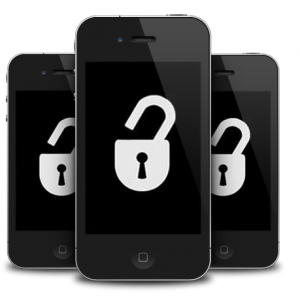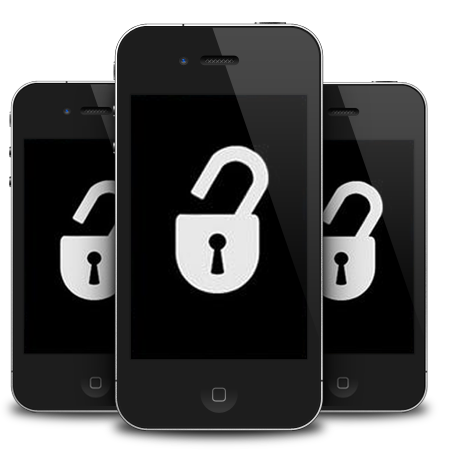 First things first. You know that 1) if you buy a phone you should be able to hook it up with whatever service you want to use and 2) nobody should send you to jail or fine you up to half a million dollars just because you unlock your phone. What if you want to switch to the ATT network because you’re fed up with Verizon, or because you move out of Verizon’s service area? The Library of Congress says, “Tough luck.” If you unlock your phone after January 26 without a carrier’s permission, you could get in a lot of trouble and end up paying heavy fines – even jail time. So sign the White House petition asking Obama to add his voice to The People’s and ask the Library of Congress to make phone unlocking legal again. The petition is pretty close to getting the 100,000 signatures it needs to get an official White House response.
First things first. You know that 1) if you buy a phone you should be able to hook it up with whatever service you want to use and 2) nobody should send you to jail or fine you up to half a million dollars just because you unlock your phone. What if you want to switch to the ATT network because you’re fed up with Verizon, or because you move out of Verizon’s service area? The Library of Congress says, “Tough luck.” If you unlock your phone after January 26 without a carrier’s permission, you could get in a lot of trouble and end up paying heavy fines – even jail time. So sign the White House petition asking Obama to add his voice to The People’s and ask the Library of Congress to make phone unlocking legal again. The petition is pretty close to getting the 100,000 signatures it needs to get an official White House response.
Now we can drill down a little deeper into this craziness, starting with the question: how did our national library get involved in mandating prison sentences for jailbreaking cellphones?
Mitch Stoltz of the Electronic Frontier Foundation (EFF) explains to engadget.com:
This is how absurd the Digital Millennium Copyright Act (DCMA) is: a law that was supposed to stop the breaking of digital locks on copyrighted materials has led to the Librarian of Congress trying to regulate the used cellphone market.
The Atlantic expands on what it calls, “The most ridiculous law of 2013 (so far)”:
When did we decide that we wanted a law that could make unlocking your smartphone a criminal offense?
The answer is that we never really decided. Instead, Congress passed the Digital Millennium Copyright Act (DMCA) in 1998 to outlaw technologies that bypass copyright protections. This sounds like a great idea, but in practice it has terrible, and widely acknowledged, negative consequences that affect consumers and new innovation. The DMCA leaves it up to the Librarian of Congress (LOC) to issue exemptions from the law, exceptions that were recognized to be necessary given the broad language of the statute that swept a number of ordinary acts and technologies as potential DMCA circumvention violations.
Every three years groups like the American Foundation for the Blind have to lobby Congress to protect an exception for the blind allowing for books to be read aloud. Can you imagine a more ridiculous regulation than one that requires a lobby group for the blind to come to Capitol Hill every three years to explain that the blind still can’t read books on their own and therefore need this exception?
This issue is just begging for the American People to step up and exercise our right as citizens of a democracy, to have government officials protect our right to fully enjoy the property and goods we lawfully purchase.

